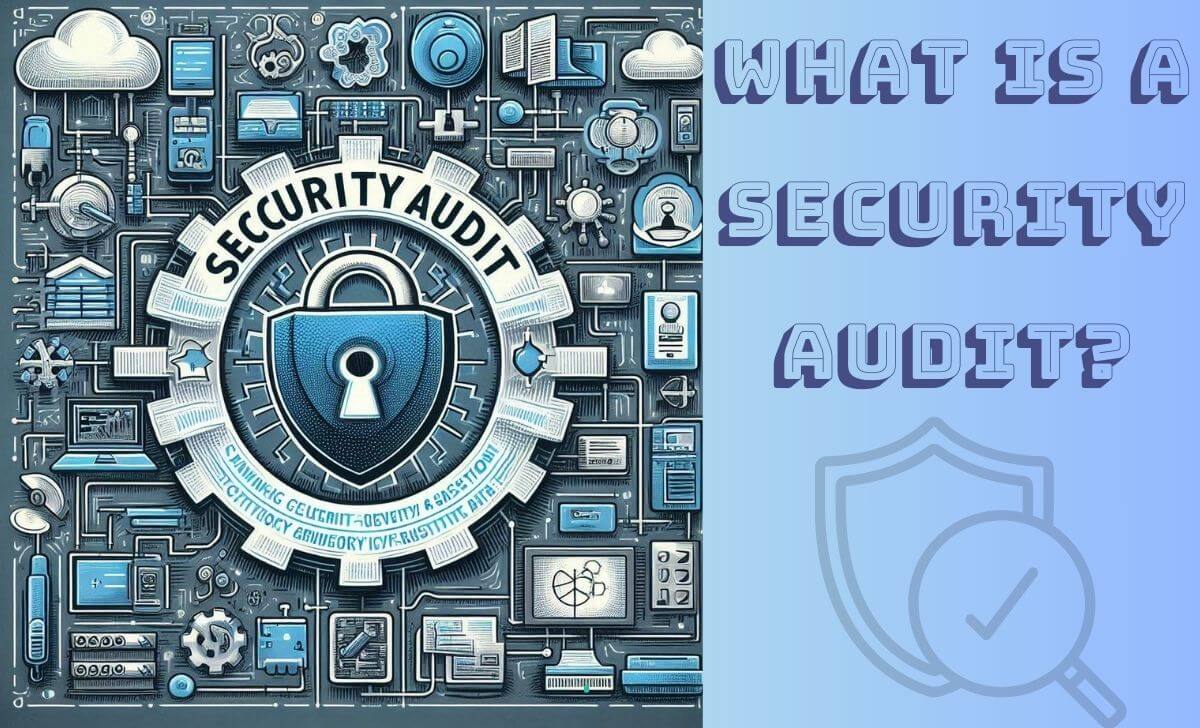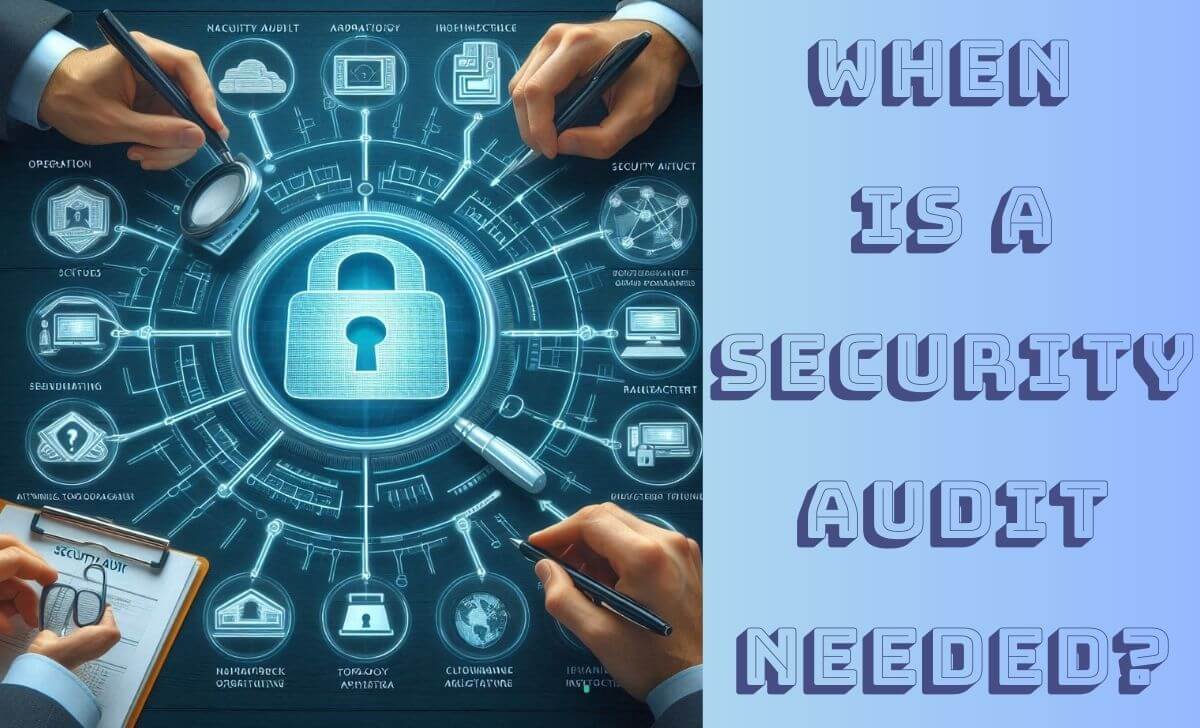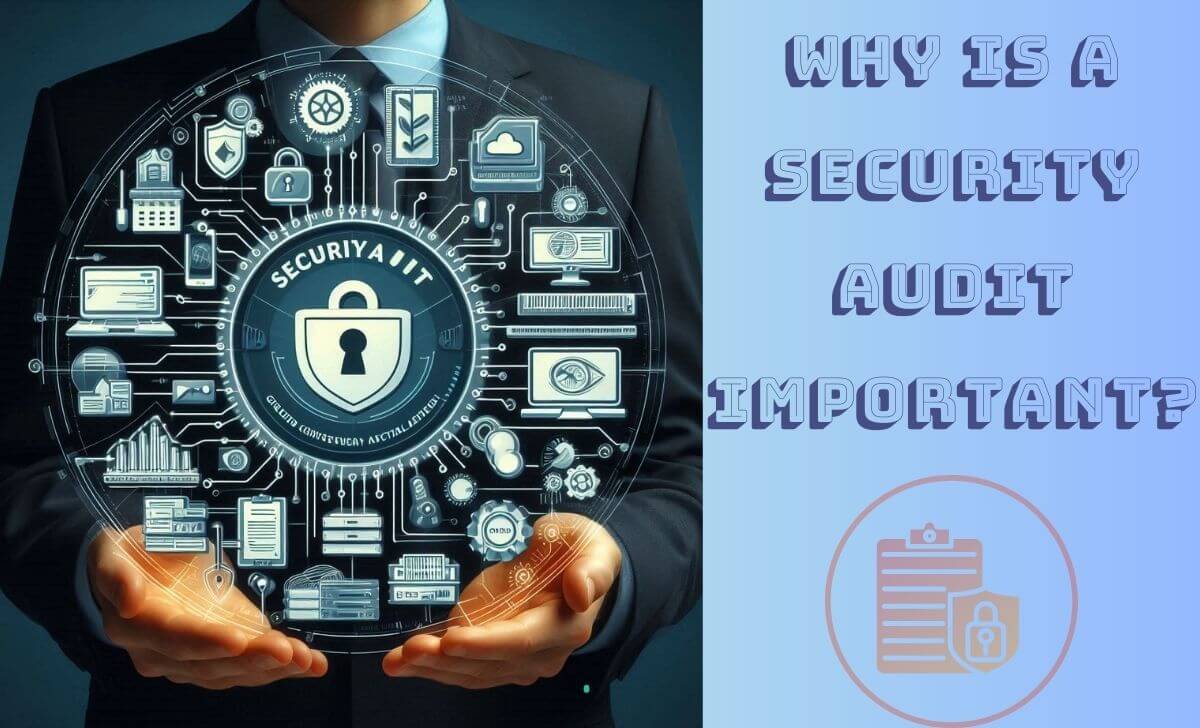Security Audit is one of the most important processes in security management of organizations and businesses. However, many people still don’t clearly understand its nature and importance.
To learn more about Security Audit and why you should perform this check, follow the AZCoin article below.
What is a Security Audit?

A Security Audit or security testing, is a comprehensive review of an organization’s security policies, procedures and systems to identify potential weaknesses and risks. The goal of a Security Audit is to ensure that current security measures are working effectively and meeting required security standards.
How does a Security Audit work?

Security Audits work through a series of steps and testing techniques to detect security issues. First, experts conduct a comprehensive examination of the system, including hardware, software and network connections.
Then, they use tools and methods such as vulnerability scanning, configuration analysis and evaluation of existing security measures. Finally, they compile a detailed report on the findings and recommend corrective actions to improve the security posture.
Types of Security Audit
Security Audits can be classified into two main types:
Internal Audits
These are security audits performed by internal employees of an organization. These audits are typically aimed at evaluating current security policies and procedures to ensure that they are working effectively. Internal audits help organizations detect and correct security issues before they become serious threats.
External Audits
These are security audits performed by security experts outside the organization. These experts are usually not affiliated with the organization and can provide an objective view of the security posture of the system. External audits help verify the effectiveness of security measures and provide independent recommendations for improving security.
When is a Security Audit needed?

Security Audits should be performed periodically and when there are significant changes in the organization’s systems or operating environment. Specifically, cases where Security Audits should be performed include:
- Before and after implementing new systems: To ensure that new systems don’t create security vulnerabilities.
- When there are changes in security policies: To evaluate the effectiveness of new policies.
- After a security incident: To determine the cause and improve the security system.
- On a scheduled basis: To maintain and improve the current level of security.
Why is a Security Audit important?

Security Audit is important because it helps ensure that an organization’s information systems and data are effectively protected. Below are some of the main reasons:
- Detecting security gaps: Security Audit helps identify potential vulnerabilities and risks in a business’s security system.
- Ensure regulatory compliance: It helps businesses comply with legal regulations and international standards on information security.
- Protect critical data: Helps protect critical business information from cyber security threats.
- Enhance customer confidence: When security systems are tested and improved, customers will have more confidence in the business.
- Minimize damage: Helps minimize potential damage caused by cyber attacks.
How often should a Security Audit be performed?
Security Audits should be performed regularly to ensure the security of an organization’s information and systems. The specific frequency may vary depending on many factors such as the size of the organization, industry and level of risk. However, below are some general guidelines:
- Annually: Conduct an information security audit at least once a year to ensure that current security measures remain effective and in line with the latest standards.
- After every major change: If there are any major changes to the system, such as software updates, infrastructure changes or the deployment of new applications, an audit should be performed to ensure that these changes don’t create security vulnerabilities.
- Quarterly or monthly: For organizations with high risk levels or strict security requirements, audits may be performed quarterly or even monthly.
- When a security incident occurs:If a security incident occurs, an immediate audit should be performed to determine the cause and fix the vulnerabilities. This includes addressing potential security breaches that may have been exploited during the incident.
Steps to perform a safe Security Audit
To perform a safe Security Audit, you can follow these steps:
- Define the scope of the audit: First, define the objectives of the Security Audit and the scope of the audit, including the systems, processes and policies that will be assessed.
- Gather information: Gather information related to the current security system, including security policies, infrastructure, software systems, monitoring methods and the enterprise’s security strategy.
- Evaluate and analyze: Perform tests and assessments to identify security weaknesses and vulnerabilities. Analyze the results and assess the level of risk.
- Generate reports: Generate detailed reports of findings and recommendations for improving security. The report should include weaknesses, severity and remediation measures.
- Implement remediation measures: Develop plans and measures to correct security issues discovered during the audit. Monitor and evaluate the effectiveness of remediation measures.
- Perform a retest: Perform a retest after the solution has been deployed to ensure the security system is enhanced and free of vulnerabilities.
For additional tips on ensuring your security measures are up to date, explore resources like AZcoin – best crypto exchange 2024.
Conclusion
Above is the information about Security Audit and why you should perform this security audit. Hopefully this article has helped you better understand the importance of Security Audit and the steps required to perform a safe security audit. Don’t forget to perform a Security Audit periodically to protect your organization from security threats.

I’m Jessi Lee, currently living in Singapore. I am currently working as a trader for AZCoin company, with 5 years of experience in the cryptocurrency market, I hope to bring you useful information and knowledge about virtual currency investment.
Email: [email protected]











